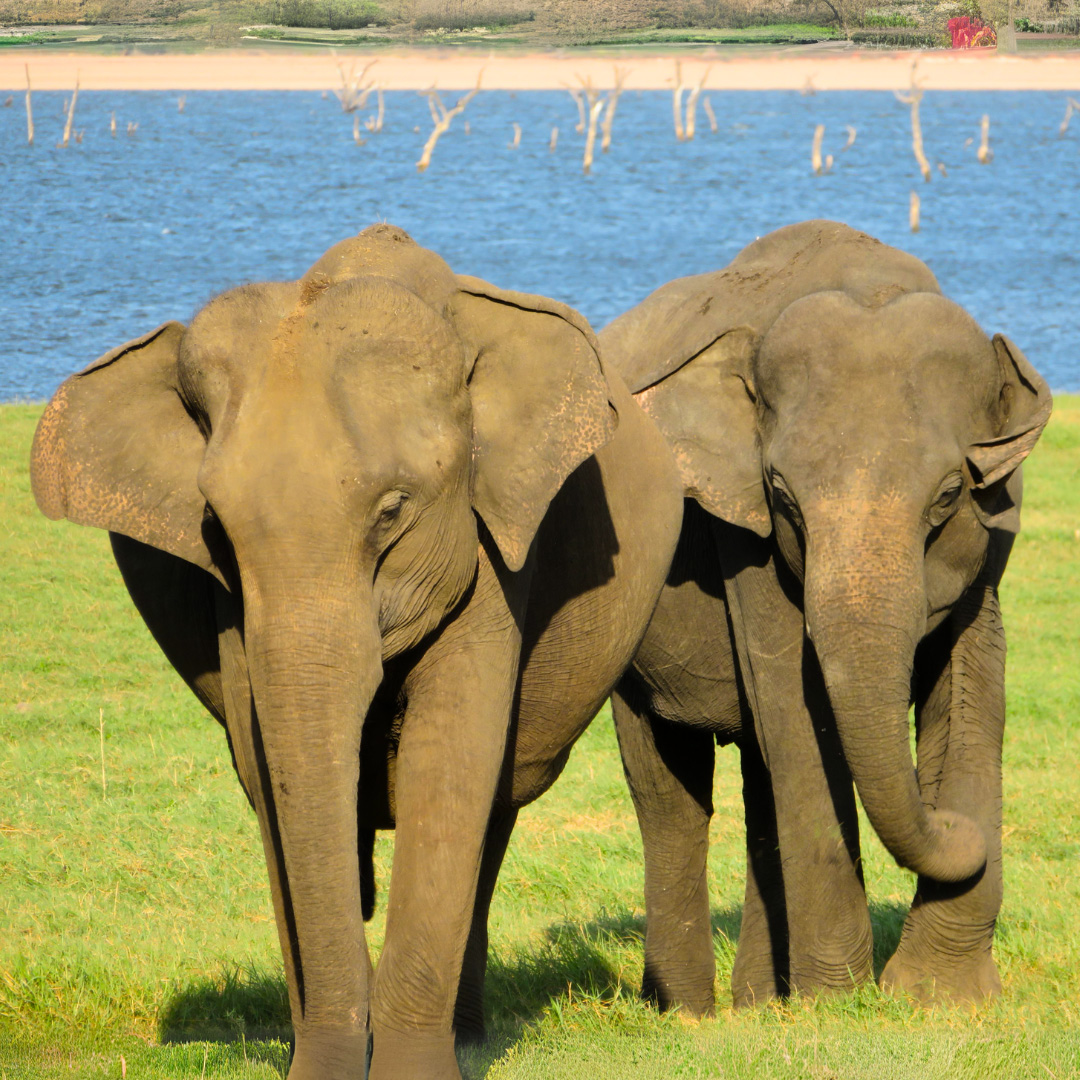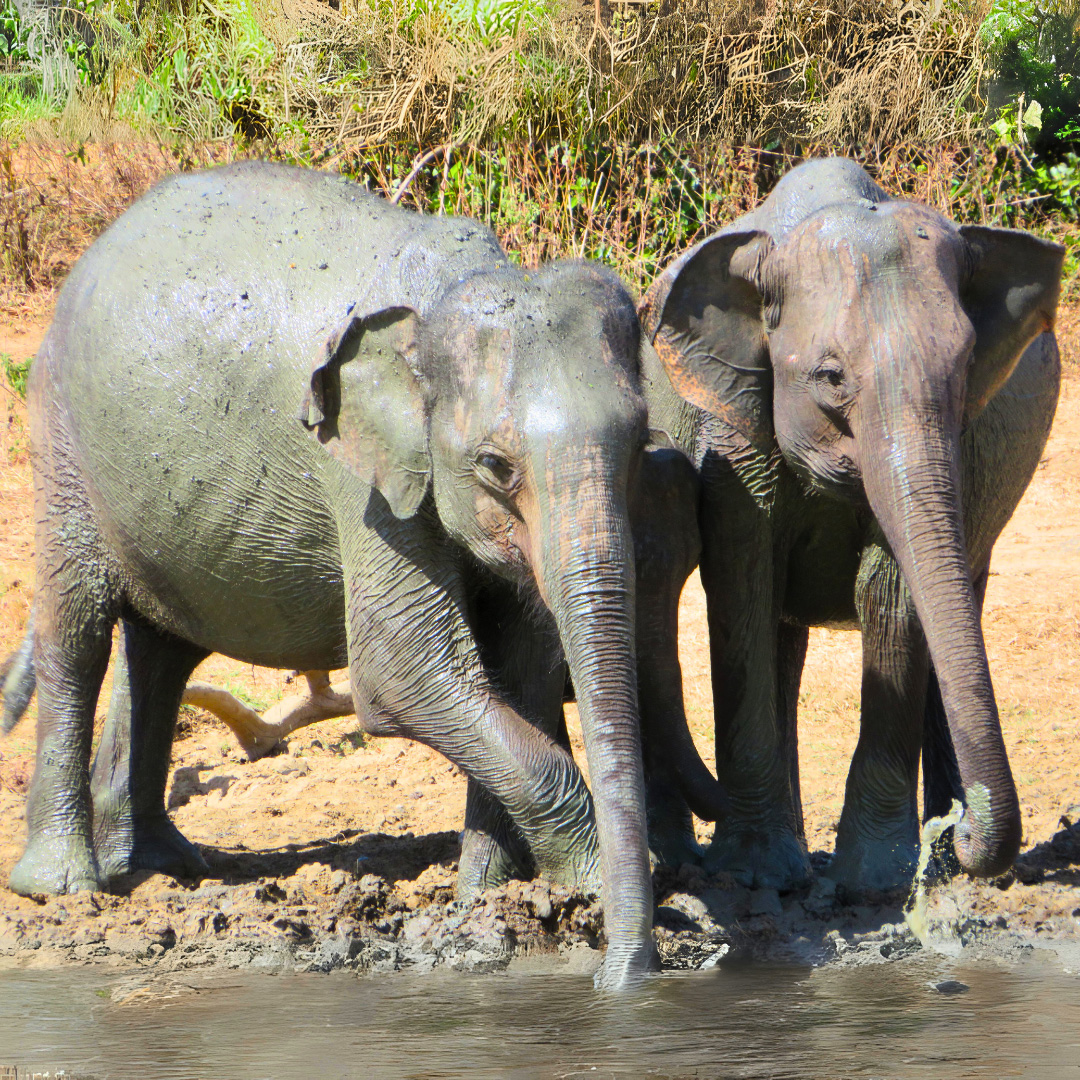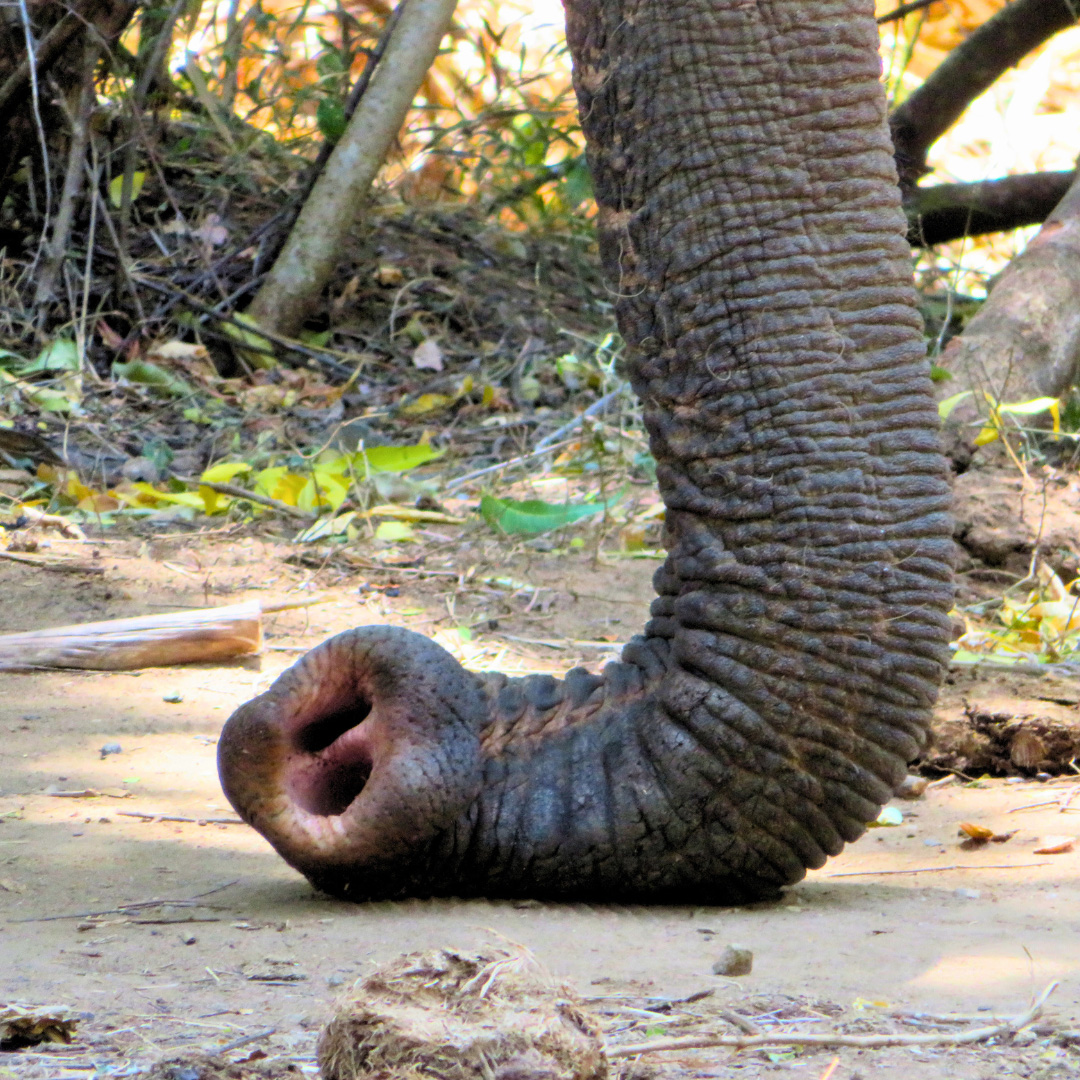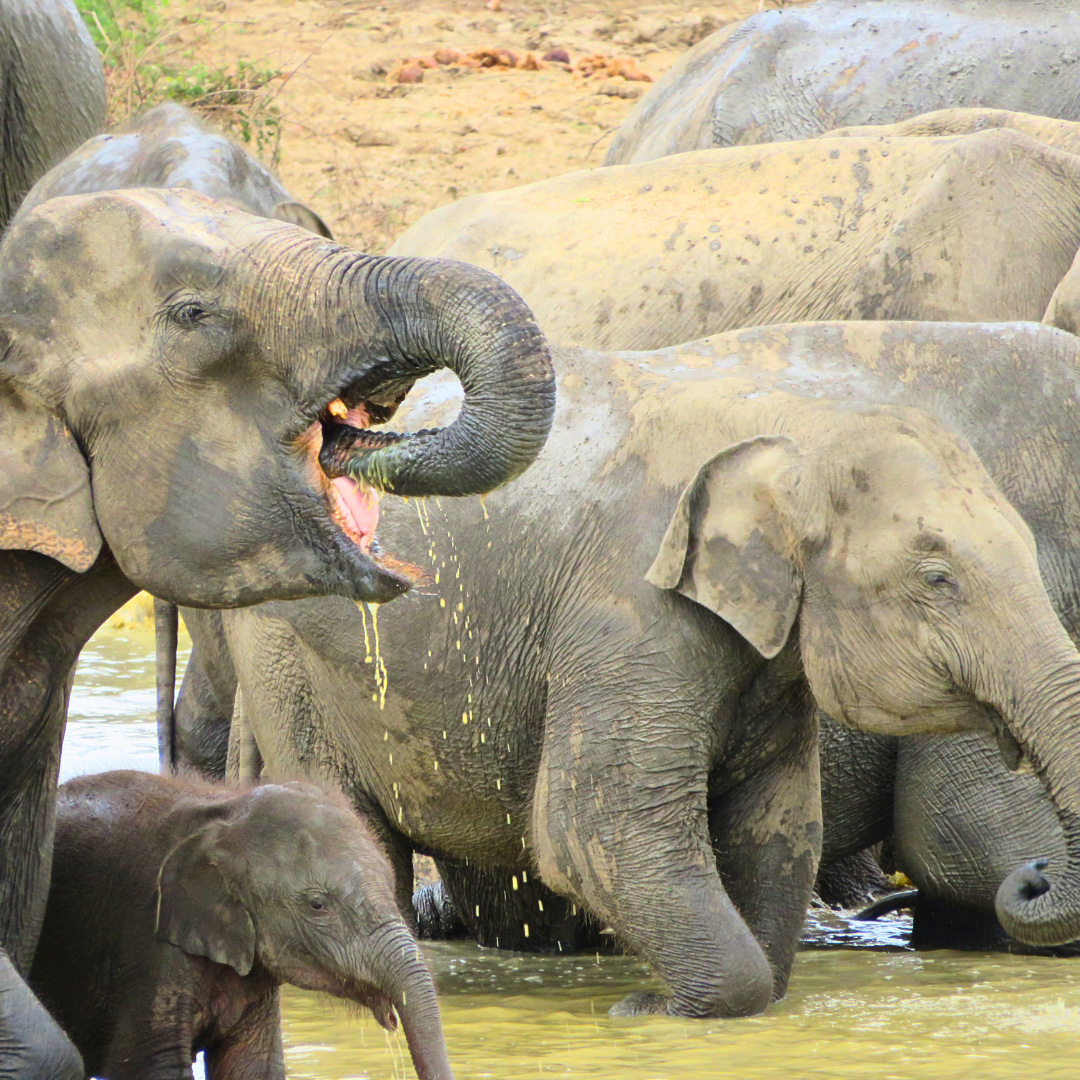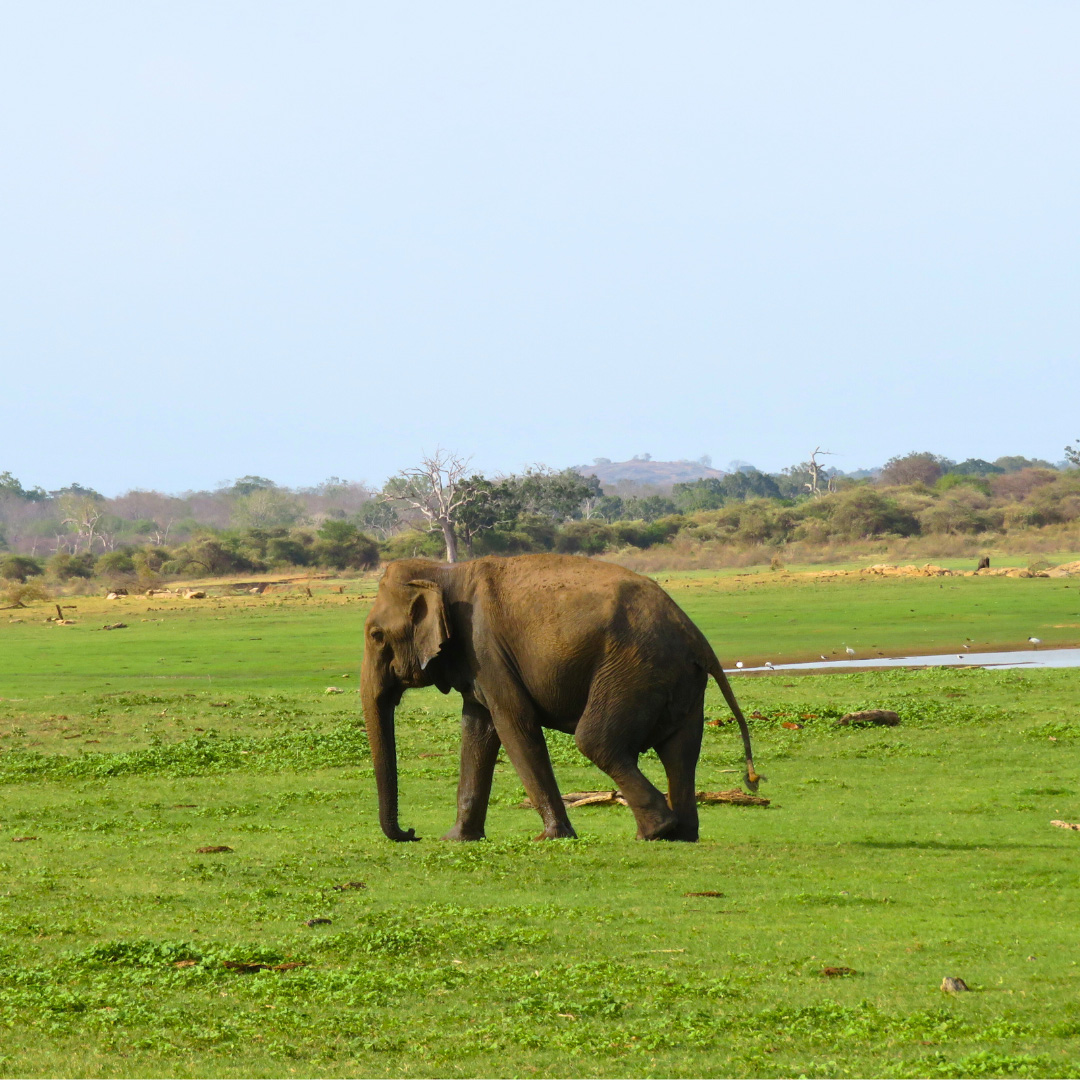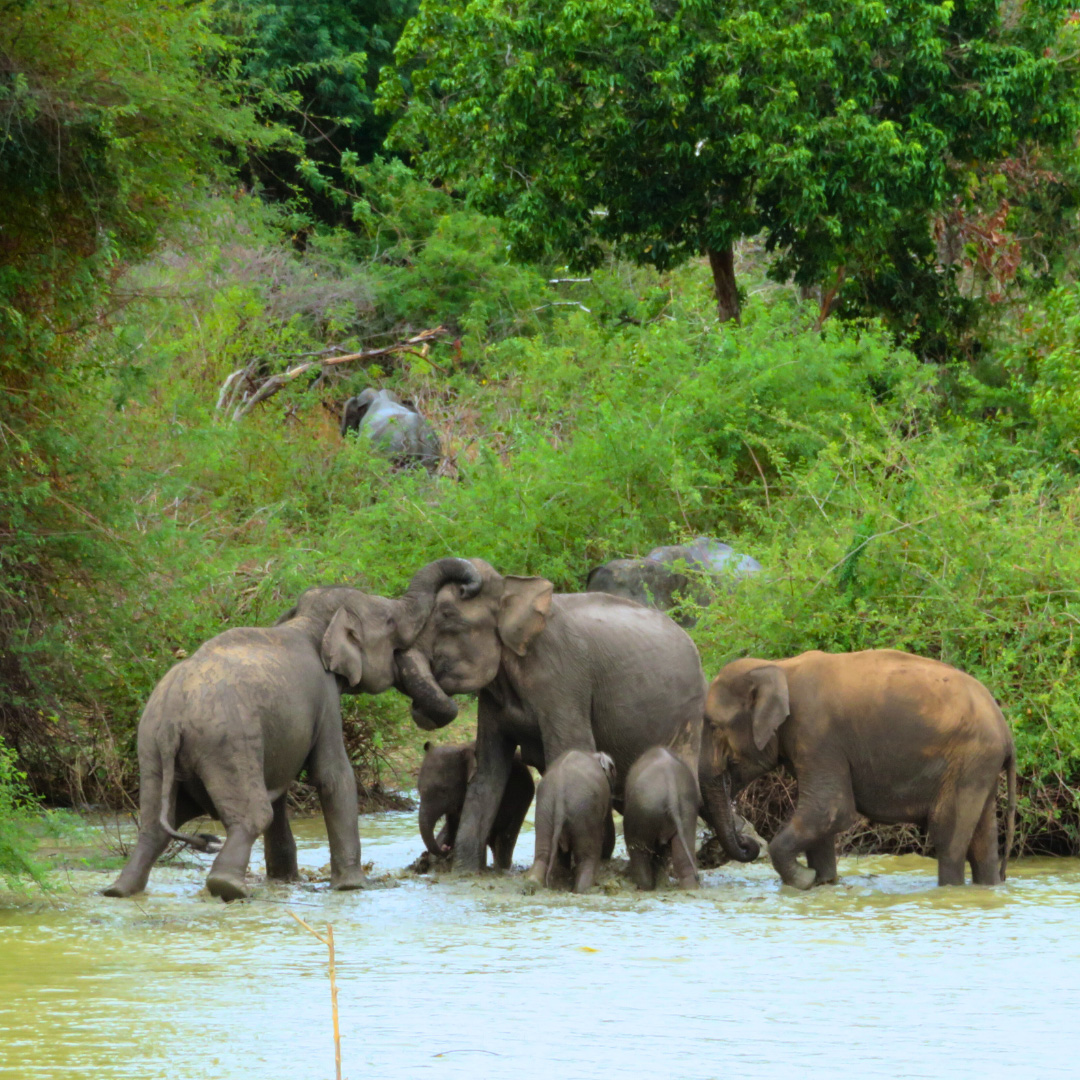Sri Lanka is a land known for its remarkable biodiversity. It is home to the majestic Sri Lankan elephant (Elephas maximus maximus). Unfortunately, these Endangered creatures face numerous threats, primarily habitat loss, human-elephant conflicts, and poaching.
The International Elephant Project recognises the urgency of conserving Sri Lankan elephants before they reach Extinction. We have joined forces with the Elephant Forest and Environment Conservation Trust (EFECT) in Sri Lanka to protect and preserve this species head-on.
EFECT is renowned for its pioneering work in elephant conservation, particularly through the Udawalawe Elephant Research Project led by Dr Shermin De Silva, which has been instrumental in providing insights into elephant ecology and behaviour.
This partnership marks a significant expansion of the International Elephant Project’s efforts into Sri Lanka.
The primary goal of the International Elephant Project in Sri Lanka is to ensure the long-term survival of the Endangered Sri Lankan elephant subspecies.
Through a multifaceted approach, the project seeks to monitor and protect elephant herds, mitigate human-elephant conflicts, and combat poaching. By partnering with EFECT and supporting initiatives like the Udawalawe Elephant Research Project, our elephant field support now contributes to the conservation of Asian elephants in Sri Lanka.
The Udawalawe Elephant Research Project plays a pivotal role in monitoring the health and viability of the elephant population in UWNP and its surroundings.
The focus is on thorough monitoring activities, which involve tracking individual elephants to comprehend their movements and behaviours and documenting significant events like births, deaths, and injuries.
This comprehensive approach to monitoring provides crucial insights that wildlife managers and decision-makers can use to develop effective conservation strategies and management plans for the elephants and their habitat.
Habitat loss and human-elephant conflicts pose significant challenges to elephant conservation in Sri Lanka. This project is exploring alternatives to conflict-inducing food crops by promoting regenerative agro-ecology to address this.
Regenerative agro-ecology refers to a way of farming that helps both elephants and people. It involves growing crops that don’t harm the environment and encourages healthy ecosystems.
Instead of using chemicals and methods that damage the land, regenerative agro-ecology focuses on working with nature to improve soil, conserve water, and promote biodiversity. By using this approach, the project aims to create a balance where elephants and people can live together peacefully without conflicts over food.
